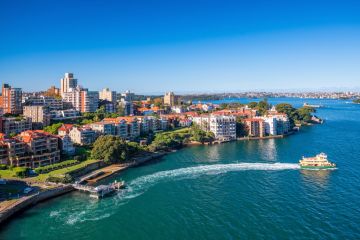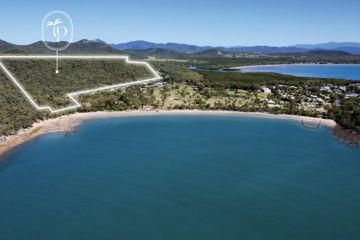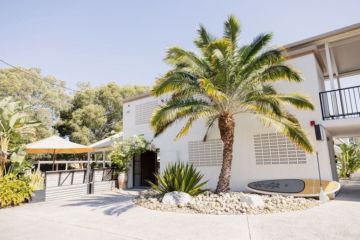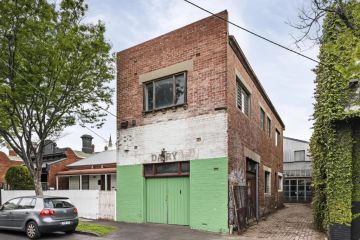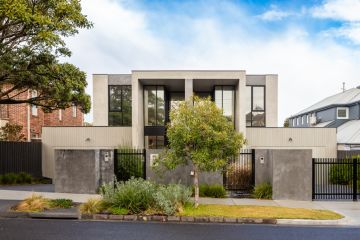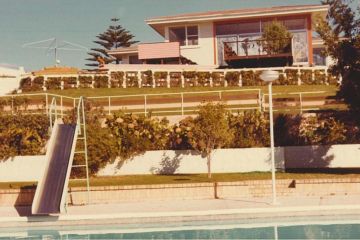Live more with less this October during Buy Nothing New Month
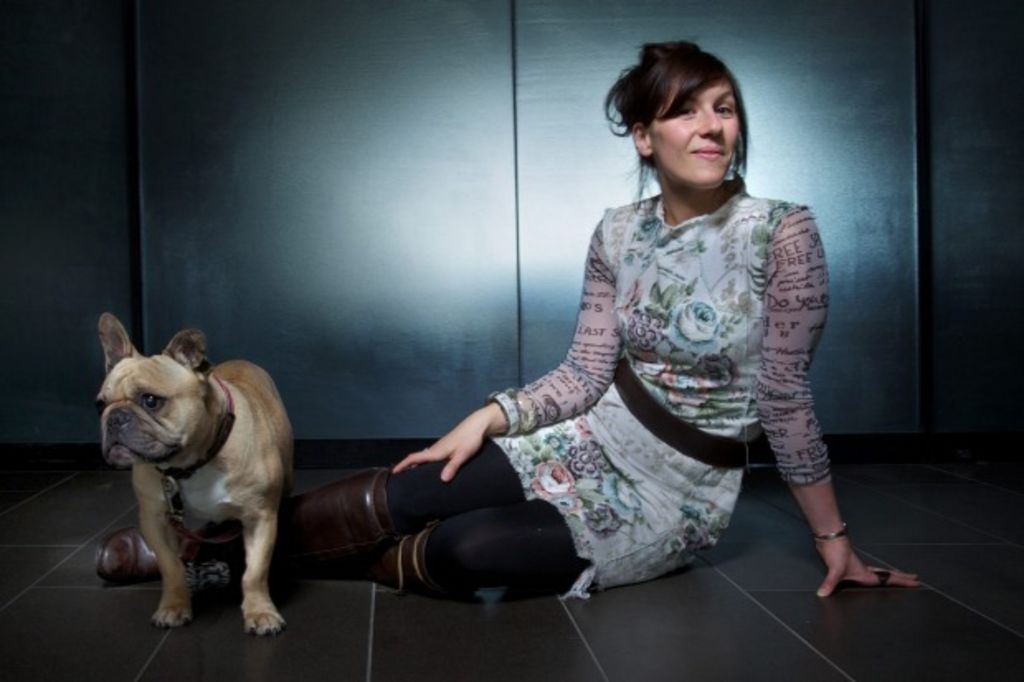
Could you go a month without buying anything but the bare necessities?
Founded in Melbourne, Buy Nothing New Month is a global initiative that calls on participants to limit all spending to just food, hygiene products and medicine for 30 days.
Tamara DiMattina is the creator of the campaign, gaining traction worldwide for her simple philosophy to “live more with less.”
“Buy Nothing New Month invites us to reduce our impact on our people and our planet by reassessing how much we buy, what we buy and why we buy,” DiMattina says.
“Spending money on services and experiences instead of more ‘stuff’ that’s only headed for landfill is a great way to promote a sustainable economy.”
The basic premise of Buy Nothing New Month is not simply to ‘go without’, but rather, to raise awareness of sharing, swapping, and second-hand services in our economy.
53-year-old high school teacher Christopher Goult of Magill, South Australia, is one of hundreds to take up the challenge, originally with the intention of saving money.
“My wife and I live on a limited budget. With two kids and a mortgage, we have very little left over at the end of the month,” he says.
Since completing the first month, the couple has continued to source almost all their possessions second-hand, from their clothing to household appliances.
“It saves us at least a mortgage payment each year,” Goult says.
On the other end of the spectrum, 35-year-old Caroline McEvoy took up Buy Nothing New Month as a reaction to her overflowing wardrobe.
“I wanted to challenge myself because it had dawned on me that although I am very eco-conscious in other aspects of my life, I had gotten into the habit of buying new clothes much more than I needed to, to the extent that I would forget about stuff and on occasion buy something that I already owned.”
“I’m buying better now, thinking for several weeks before making a purchase, and doing it with a high level of care,” McEvoy says.
CEO of Occasio Enterprises Kylie Travers first participated in Buy Nothing New Month out of necessity, after a marriage breakdown left her living in a garage with her daughters.
“At the time, the purpose was to enable me to save money and work out how to rebuild our lives,” she says.
“Now when I do it, it is a reminder of simplifying my life and getting more creative with what we do instead of shopping for anything, anytime.”
Travers has since gone on to author two books, and was recently announced as a 2015 ACT finalist for Young Australian of the Year.
For Travers, the most challenging aspect of participating in Buy Nothing New Month is setting an example for her young children.
“My eldest especially wants to shop all the time, so curbing her desire to spend and finding other activities requires more effort than anything else,” she says.
Taking the initiative to the next level, principal transport planner Rachel Smith set herself a goal to not buy anything (new or second-hand) for all of 2014.
Lasting only four months in 2013, in 2014, Smith eventually succeeded in completing the 365-day challenge.
“Second time around, I saw not buying anything new or second-hand for a year as an exciting opportunity, an adventure and a whole new way to live my life,” she says.
The only purchases Smith made during the year were food, toothpaste, shampoo and feminine hygiene products, saving her 38 per cent of her net annual salary.
Being forced to use what she already possessed, Smith was also confronted with her former “inner hoarder.”
“I questioned my sanity when I counted 84 bars of hotel soap in my bathroom cupboard,” she says.
“I also discovered 20 five gram tubes of premium-brand toothpaste lurking in the back of the cupboard. I used those up instead of saving them for ‘later’.”
The process has since been documented in her book Underspent, released on Amazon for Kindle.
Apart from briefly replenishing her wardrobe early in the year, Smith’s experiment continues today.
“I’ve had my ‘spending splurge’; it didn’t make me feel happy, excited or content,” she says.
“I probably won’t be buying anything for the rest of this year.”
We thought you might like
States
Capital Cities
Capital Cities - Rentals
Popular Areas
Allhomes
More

